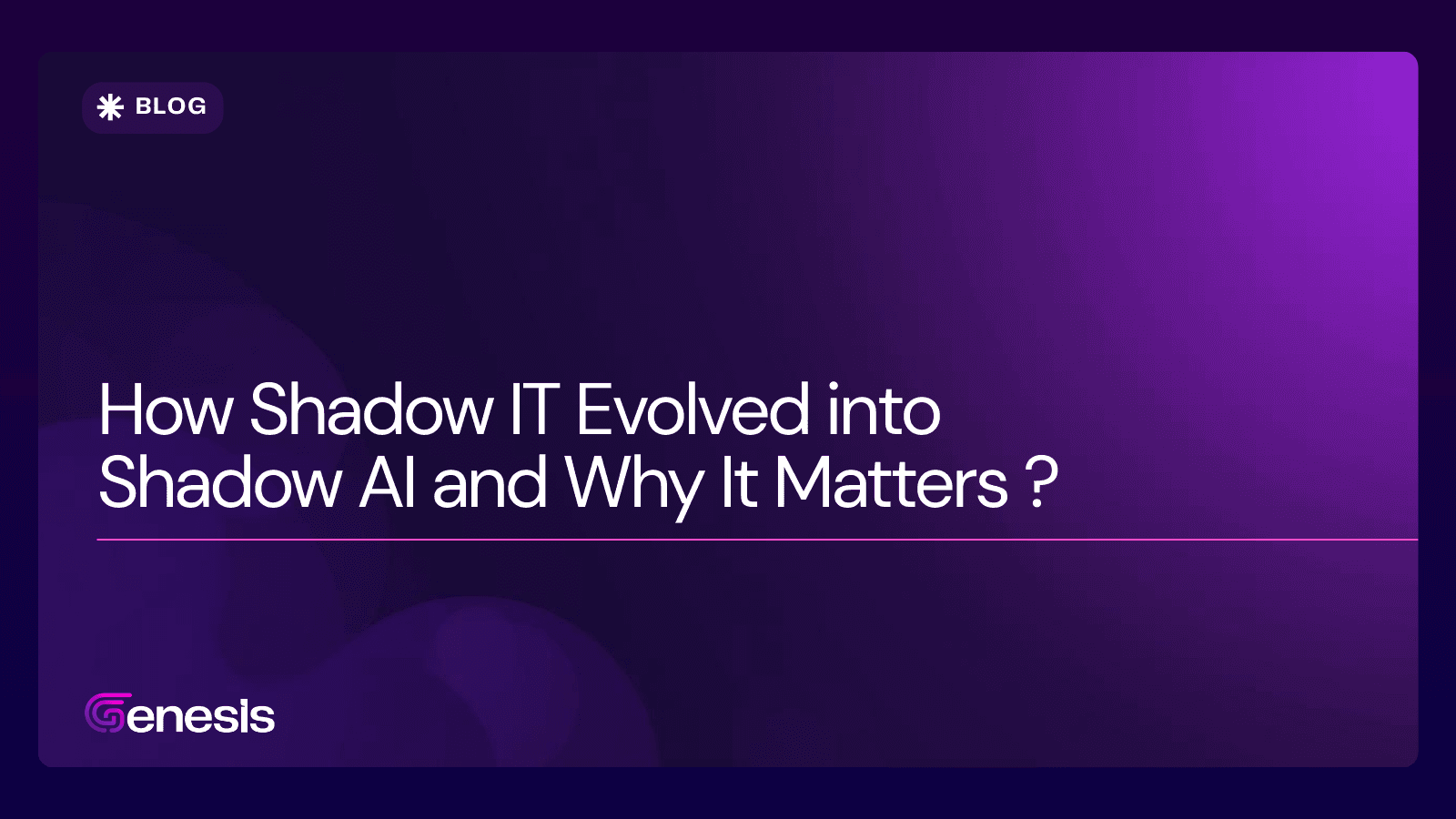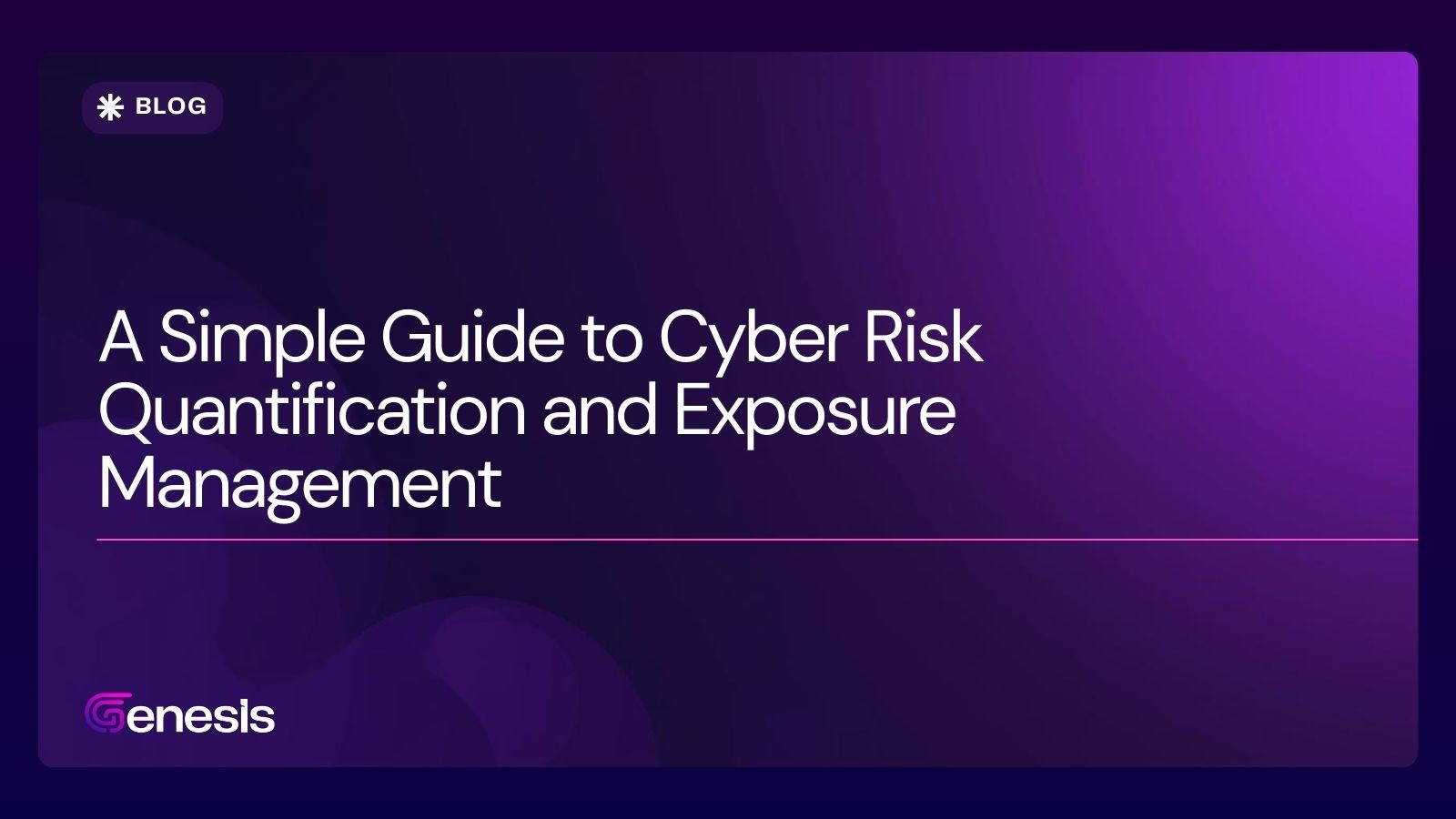
Khalifa Al Shehhi
Trust is no longer a vague concept or a nice-to-have in business; it's a measurable asset that defines competitiveness, resilience, and long-term success. As organizations expand their networks of third-party vendors, contractors, cloud providers, and supply chain partners, each new connection introduces both value and vulnerability. A single weak link can lead to reputational damage, operational disruption, or costly regulatory penalties.
The challenge leaders face today is not only "Are we compliant with frameworks?" but "Can we rely on our ecosystem to act with the same care and security we demand of ourselves?" Traditional risk assessments alone can't answer that question. This is where Artificial Intelligence (AI) elevates Third-Party Risk Management (TPRM) from a reactive, compliance-driven process to a proactive, trust-building strategy.
The Compliance Challenge
Regulations such as NIS2, DORA, FFIEC, PCI DSS, and HITRUST require companies to adhere to essential rules. They cover areas like data protection, access control, and security reporting. But these frameworks are often focused on looking backward.
Audits and questionnaires show problems only after they've already appeared.
Annual reviews leave long gaps where risks can grow unnoticed.
Manual processes are time-consuming and don't provide quick insights.
This means that businesses often discover risks too late after a breach or disruption has already happened.
Our platform combines regulatory knowledge with AI to build secure ecosystems. We've explained the role of standards such as:
PCI DSS: PCI DSS and Its Impact on Third-Party Risk Management
HITRUST: What is HITRUST and Its Impact on Third-Party Risk Management
However, compliance alone is no longer enough. Businesses now need tools that can anticipate future trends and provide early warnings.
How AI Builds Trust
AI takes TPRM from a slow, box-ticking process to an innovative, real-time system. It doesn't just collect data, it analyzes it and helps risk teams take action quickly.
Here's how AI improves TPRM:
24/7 Monitoring: AI continuously monitors vendor security, finances, and operations, identifying early warning signs.
Predictive Risk Scores: AI can detect patterns that indicate potential issues, such as unusual activity on systems or a vendor's financial decline.
More Intelligent Vendor Grouping: Vendors are automatically sorted by importance and risk, enabling teams to focus on the most critical vendors.
Contract and News Analysis: AI can scan contracts, reports, and even news articles to highlight risks that people might miss.
Clear Guidance: Instead of overwhelming teams with raw data, AI highlights what is essential and suggests the next steps.
Catching Contradictions in Real Time
One of AI's most powerful abilities is to spot mismatches. For example, a vendor may claim in a survey that it uses strong encryption, but AI can detect outdated certificates during a scan. Instead of waiting until the following yearly review, the system alerts the team immediately, updates the vendor's risk score, and triggers a check. This helps businesses stay safe every day, not just during audits.
Example: Building Trust in the Supply Chain
A global energy company using the Genesis had to manage hundreds of vendors across different countries. With AI-driven TPRM, the company was able to:
Avoid financial loss: AI flagged a vendor with weak financial health weeks before it filed for bankruptcy.
Stop cyber threats early: AI identified unusual login activity in a cloud vendor's systems, triggering an alert for a security review.
Use resources wisely: Oversight was shifted in real time, focusing on vendors showing higher risks while spending less time on stable ones.
This not only prevented major incidents but also showed regulators, customers, and investors that the company could be trusted to manage risks proactively.
From Compliance to Confidence
Third-party risk management is no longer just about passing audits. Compliance is essential, but it's only the starting point. The real goal is building confidence that your vendors are secure, your operations are resilient, and your customers are protected.
AI-powered TPRM helps companies:
Build trust by demonstrating that you can identify and address risks before they cause harm.
Stay resilient by monitoring vendors continuously and catching issues early.
Support leaders with clear, real-time insights to make better decisions.
Grow safely by balancing innovation with strong protection.
This shift from compliance to confidence represents the future of risk management. Trust, resilience, and foresight are the new measures of success.
At Genesis Platform, trust is the ultimate advantage. By combining deep regulatory knowledge with the power of AI, we help organizations build ecosystems that are compliant, secure, and ready for tomorrow.
The future of TPRM isn't just about avoiding penalties; it's about creating confidence, protecting relationships, and enabling safe growth. If your organization is ready to take that step, Genesis Platform is prepared to guide you.







